Your morning cup of coffee helps you start the day, but can it also help you lose weight? Thanks to its ultra-low calorie count (just 2 per 8-ounce cup) and modest metabolism-boosting effects, black coffee can support your goals. But the keyword here is support—on its own, coffee won’t deliver lasting results.
“Coffee loopholes” trending on social media claim that adding certain ingredients to your brew or using it to reduce appetite can help you lose weight. But caffeine’s role in fat burning has been a topic of debate for decades. The reality? Coffee may give you a slight edge by increasing calorie burn and curbing appetite in some people, but it’s not a shortcut.
Sustainable weight loss comes from the bigger picture—building habits like a balanced diet, regular physical activity, quality sleep, and stress management. Coffee can be beneficial, but the foundation of progress lies in your overall lifestyle, not any single drink.
Let’s take a look at the nutritional aspects of coffee and how to include it as part of a healthy weight loss routine.
✅ Quick answer
Yes—black coffee can support your weight loss goals, thanks to its minimal calorie count and caffeine’s modest metabolic boost.
✅ Why coffee can support your goals:
- It’s ultra-low in calories – At just 2 calories per 8-ounce cup, a cup or two fits well into a lower-calorie diet..
- It gives your metabolism a slight nudge – Caffeine boosts thermogenesis and fat oxidation for several hours, potentially burning an extra few calories per day for regular drinkers.
- It helps with appetite control – A strong cup can temporarily reduce hunger hormones, helping some people naturally eat less at their next meal.
⚠️ Things to be mindful of:
- It can disrupt sleep – Caffeine can interfere with deep sleep when you drink it too late, and chronic sleep deprivation increases appetite and belly-fat-storage hormones.
- Be aware of hidden calories in add-ins – A large flavored latte can pack over 300 calories, transforming your drink into more of a dessert.
- It can irritate the stomach – Coffee’s acidity and caffeine may trigger reflux or digestive upset in sensitive people.
Rx weight loss, the right way, with Noom
Get access to prescription weight loss medication with Noom.🥗 Nutrients in coffee (per 8 ounces)
| Nutrient | Amount | % RDA* |
|---|---|---|
| Calories | 2 calories | 0% |
| Protein | 0.3 g | 1% |
| Total carbs | 0 g | 0% |
| Fiber | 0 g | 0% |
| Sugars | 0 g | — |
| Total fat | 0.1 g | 0% |
| – Saturated fat | 0.01 g | 0% |
| – Monounsaturated fat | 0.003 g | — |
| – Polyunsaturated fat | 0.005 g | — |
| Omega-3 | 0 g | — |
| Omega-6 | 0 g | — |
Coffee is made by brewing roasted coffee beans, which is why it has such a distinct flavor and natural caffeine kick. On its own—without cream, sugar, or syrups—it’s practically calorie-free, with no carbs, almost no fat, and just a trace of protein. That makes it one of the easiest beverages to enjoy without impacting your calorie budget or an intermittent fast. Nutritionally, it won’t give you meaningful amounts of macros, but that’s not what coffee brings to the table. Its role is more about energy, alertness, and the ritual than fueling your body with protein, carbs, or fat.
*Recommended dietary allowance (RDA) is defined as the average daily amount of nutrients needed to meet the requirements of nearly all healthy people in a specific group.
💊 Vitamins & minerals in coffee (per 8 ounces)
| Vitamin/Mineral | Amount | % RDA* |
|---|---|---|
| Niacin (B3) | 1.7 mg | 11% |
| Potassium | 118 mg | 3% |
| Magnesium | 7 mg | 2% |
| Riboflavin (B2) | 0.02 mg | 2% |
| Manganese | 0.12 mg | 5% |
Coffee isn’t exactly a multivitamin, but each cup does sneak in a little extra nutrition—mainly B vitamins, potassium, and magnesium. Still, the real health boosters in coffee aren’t its traditional vitamins and minerals. They’re the polyphenols, especially chlorogenic acids, which act as antioxidants. These compounds are thought to play a big role in coffee’s benefits, from supporting heart health to helping reduce inflammation.
🔍 Nutrient breakdown
Glycemic index (GI) of coffee
Glycemic index: 0 (Low)
💡 Tip: Zero-GI beverages help keep blood sugar steady between meals, preventing energy crashes that can trigger cravings.
Is coffee high in protein?
❌ No: Coffee contains only 0.3 g of protein per 8-ounce serving, which won’t significantly contribute to muscle building or satiety.
Better protein alternatives: Protein smoothie | Greek yogurt | Cottage cheese
Is coffee high in fiber?
❌ No: Coffee has 0 g of fiber, so pair it with fiber-rich foods for better digestive health and sustained fullness.
💡 Tip: Enjoy a handful of almonds or berries alongside your coffee to slow caffeine absorption and add beneficial fiber.
Is coffee low in carbs?
✔️ Yes: With 0 g of carbs per serving, coffee fits perfectly into ketogenic and low-carb eating plans.
💡 Tip: Skip sugar and syrups; Use cinnamon, vanilla extract, or stevia for flavor without adding sugar.
Is coffee gluten-free?
✔️ Yes: Pure roasted coffee beans naturally contain no gluten, though cross-contamination is rare and typically only occurs with flavored varieties.
Is coffee good for fat loss?
✔️ Yes: Coffee’s virtually zero-calorie profile, combined with caffeine’s thermogenic effects, makes it weight-loss friendly when consumed black.
🍽️ Diet compatibility: Which diets include coffee?
| Diet | ✅Yes /❌No | Why |
|---|---|---|
| Keto | ✅ | Zero carbs, making it perfect for ketosis |
| Paleo | ✅ | Most paleo plans allow brewed coffee, though purists debate whether beans qualify as “paleo” |
| Mediterranean | ✅ | Traditional Mediterranean cultures enjoy moderate coffee consumption, often after meals |
| Vegan | ✅ | Plant-based and completely free of animal products |
| Gluten-free | ✅ | Naturally gluten-free, though watch out for flavored syrups that may contain gluten |
Coffee receives a green light from almost every mainstream diet when consumed black. The key is keeping your add-ins compatible with your chosen eating plan—dairy-free milk alternatives for vegans, sugar-free sweeteners for keto, and avoiding processed syrups for paleo followers.
🌟 Is coffee healthy? What are the health benefits
Metabolic health: Is coffee good for your metabolism?
- Boosts metabolism? ✔️ Yes – Caffeine raises resting energy slightly for a few hours after you drink it.
- Improves insulin sensitivity? ✔️ Yes – Regular coffee drinkers often show lower risk of type 2 diabetes, possibly due to chlorogenic acids improving glucose metabolism.
- Effect on fat storage? Positive – Enhanced fat oxidation and reduced fat cell size have been observed in studies, particularly when coffee is consumed before exercise.
Cholesterol impact: Does coffee affect cholesterol levels?
- Does it lower LDL (bad) cholesterol? ❌ No – Unfiltered coffee (like French press) may actually raise LDL due to compounds called diterpenes, while filtered coffee has neutral effects.
- Does it raise HDL (good) cholesterol? Maybe – Limited and inconsistent data, with some studies showing modest improvements.
- Overall impact on heart health? Research suggests moderate coffee consumption (3 to 4 cups daily) is associated with reduced cardiovascular disease risk.
💡 Tip: Use paper filters to trap LDL-raising compounds and keep your heart health on track.
Can I eat coffee for a calorie deficit?
✔️ Yes, with confidence: Swapping high-calorie beverages for black coffee can save hundreds of calories weekly while providing satisfaction and energy.
💡 Tip: Drink coffee 30 minutes before meals to naturally reduce portion sizes and support your calorie deficit goals.
Is coffee rich in antioxidants?
✔️ Yes: Coffee contains powerful antioxidants like chlorogenic acids and melanoidins that combat oxidative stress and may reduce inflammation throughout the body.
Does coffee support gut health?
✔️ Yes: Coffee polyphenols act as prebiotics, feeding beneficial gut bacteria and supporting a healthy microbiome balance.
Does coffee support digestion?
Positive: Coffee stimulates gastric motility and can help with regular bowel movements, though it may irritate sensitive stomachs.
⚠️ Sensitive tummy? Try cold-brew coffee for lower acidity if regular coffee causes digestive discomfort.
Does coffee help you feel satiated and less hungry?
Moderate: Caffeine temporarily suppresses ghrelin (hunger hormone) for several hours, though effects vary between individuals.
💡 Tip: Pair coffee with a protein-rich snack for longer-lasting fullness and more stable blood sugar.
Does coffee help with nighttime cravings?
✔️ Yes if decaf, ❌ No if caffeinated late: Decaf coffee can satisfy evening cravings without disrupting sleep, while late caffeine may actually increase nighttime hunger by interfering with rest.
💡 Tip: Set a caffeine curfew around 2 p.m. to protect your sleep quality and nighttime appetite control.
Does coffee help reduce inflammation?
✔️ Yes: Habitual coffee consumption is linked with lower levels of inflammatory markers like C-reactive protein (CRP).
Is coffee beneficial for brain health?
✔️ Yes: Regular coffee consumption may reduce the risk of neurodegenerative diseases like Alzheimer’s and Parkinson’s, possibly due to its antioxidant and anti-inflammatory properties.
Can coffee improve skin and hair health?
Minor benefits: Antioxidants in coffee may help fight photo-aging and oxidative damage, though topical applications show more promise than drinking alone.
Can coffee help balance hormones?
Limited evidence: Caffeine can temporarily raise cortisol levels, which isn’t ideal for stress management, but may help with focus and energy when consumed strategically.
💡 Tip: Consider your overall stress levels and caffeine sensitivity when determining your optimal coffee intake.
🍽️ Best ways to include coffee for weight loss
- ✅ Black filtered coffee has virtually zero calories, and using a paper filter helps remove compounds that could raise cholesterol levels.
- ✅ Cold-brew concentrate diluted with water is easier on the stomach, since it contains about 70% less acidity than hot-brewed coffee, but still delivers the same metabolic benefits.
- ✅ Coffee with a pinch of cinnamon brings a warm, cozy flavor without adding calories, and cinnamon itself may even help stabilize blood sugar levels.
❌ Avoid sugary blended drinks: Frappés and flavored lattes can pack more calories than a slice of cake, completely negating coffee’s weight-loss benefits.
🍏 Best alternatives & comparisons (Per 8 ounces)
| Food | Calories | Carbs | Fiber | Protein | Fat |
|---|---|---|---|---|---|
| Coffee (black) | 2 | 0 g | 0 g | 0.3 g | 0.1 g |
| Green tea | 2 | 0 g | 0 g | 0.2 g | 0 g |
| Black tea | 2 | 0.7 g | 0 g | 0.4 g | 0 g |
| Matcha tea | 5 | 1 g | 0.6 g | 0.6 g | 0.1 g |
| Decaf coffee | 2 | 0 g | 0 g | 0.3 g | 0.1 g |
| Sparkling water | 0 | 0 g | 0 g | 0 g | 0 g |
Black coffee matches other unsweetened beverages for ultra-low calories, but delivers more caffeine than tea options. While sparkling water beats everything for absolute zero calories, it lacks coffee’s metabolic and appetite-suppressing benefits. Matcha provides additional antioxidants and fiber, though with slightly more calories.
Frequently asked questions about coffee and weight loss
Can you drink black coffee while intermittent fasting?
Yes, black coffee is generally considered acceptable during fasting periods since it contains virtually no calories and won’t trigger significant insulin responses. The minimal calories (2 per cup) are unlikely to break your fast, and caffeine may actually support fat burning during fasted states.
What is the best time to drink black coffee for weight loss?
The optimal timing is 30-60 minutes before workouts to enhance fat burning, or about an hour after waking when cortisol levels naturally rise. Avoid coffee within 6-8 hours of bedtime to protect sleep quality, which is crucial for weight management.
How much coffee should I drink daily for weight loss?
Research suggests 3 to 4 cups (24 to 32 ounces) of black coffee daily can provide metabolic benefits without exceeding safe caffeine limits. This equals roughly 300 to 400mg of caffeine, which is the FDA’s recommended maximum for healthy adults.
Does adding cream or sugar ruin coffee’s weight loss benefits?
High-calorie add-ins can definitely lead you to take in more calories. A tablespoon of heavy cream adds 50 calories, while a tablespoon of sugar adds 48 calories. Multiple additions throughout the day can easily add 200 to 400 calories, offsetting any metabolic boost.
Is decaf coffee effective for weight loss?
Decaf retains some weight loss benefits, including appetite suppression through increased PYY hormone production and antioxidant content. However, you’ll miss caffeine’s thermogenic effects, which account for much of coffee’s metabolic boost.
Can coffee help with emotional eating and cravings?
Coffee may help manage cravings by providing a satisfying ritual and mild appetite suppression. However, it shouldn’t be used to completely ignore hunger signals, as this can lead to eating more later to compensate. Focus on addressing the root causes of emotional eating for lasting results.
Will coffee break my weight loss plateau?
Coffee alone won’t break a weight loss plateau, but it can support your efforts through increased energy for workouts and modest metabolic benefits. Plateaus typically require adjustments to calorie intake, exercise routine, or other lifestyle factors beyond beverage choices.
🧠 Is coffee good for weight loss?
Black coffee can absolutely play a role in weight management, but it’s not a magic fix. Because it’s virtually calorie-free, it’s a smart swap for sugar-laden drinks, and the caffeine gives your metabolism a modest lift. The real trick is keeping it simple: skip the syrups, creamers, and whipped toppings that can turn a 2-calorie cup into a 400-calorie dessert.
Sustainable weight loss comes from the bigger picture: maintaining a consistent calorie deficit through balanced nutrition and regular movement. Coffee can be helpful, especially when paired with other evidence-based habits like mindful eating, quality sleep, and physical activity.
Coffee can complement your weight loss efforts when enjoyed thoughtfully, but long-term results come from building habits that fit your lifestyle, not from relying on any single drink.
📖 Scientific evidence
- Increasing caffeine could result in more weight loss (Critical Reviews in Food Science & Nutrition, 2019): This review of multiple studies found that higher caffeine intake was linked to measurable reductions in weight, BMI, and body fat.
- Caffeine is linked to a boost in metabolism (American Journal of Clinical Nutrition, 1980): Coffee with caffeine increased metabolic rate in all participants, but the extra fat-burning effect was mainly seen in those with BMI in the normal range (18.5–24.9).
- Drinking coffee before a meal could reduce the number of calories eaten (Obesity, 2013): In a small study, men who drank higher-caffeine coffee significantly reduced calorie intake at the following meal compared to lower-caffeine or decaf versions.
- Unsweetened coffee could help slow long-term weight gain (American Journal of Clinical Nutrition, 2023): Each extra cup per day was linked to slightly less weight gained over 4 years, but adding sugar reversed the benefit.
- Coffee may boost beneficial gut bacteria (Nature Microbiology, 2024): Coffee drinkers had higher levels of a good gut bacteria linked to lower inflammation, steadier blood sugar, and better metabolic health.
- Caffeine’s multi-pathway edge against weight gain (Purinergic Signalling, 2024): A review highlighted that caffeine may help support weight management by nudging metabolism upward, curbing hunger, tweaking how fat is processed, and possibly even reshaping gut microbiome activity.
Why you can trust us
At Noom, we’re committed to providing health information that’s grounded in reliable science and expert review. Our content is created with the support of qualified professionals and based on well-established research from trusted medical and scientific organizations. Learn more about the experts behind our content on our Health Expert Team page.

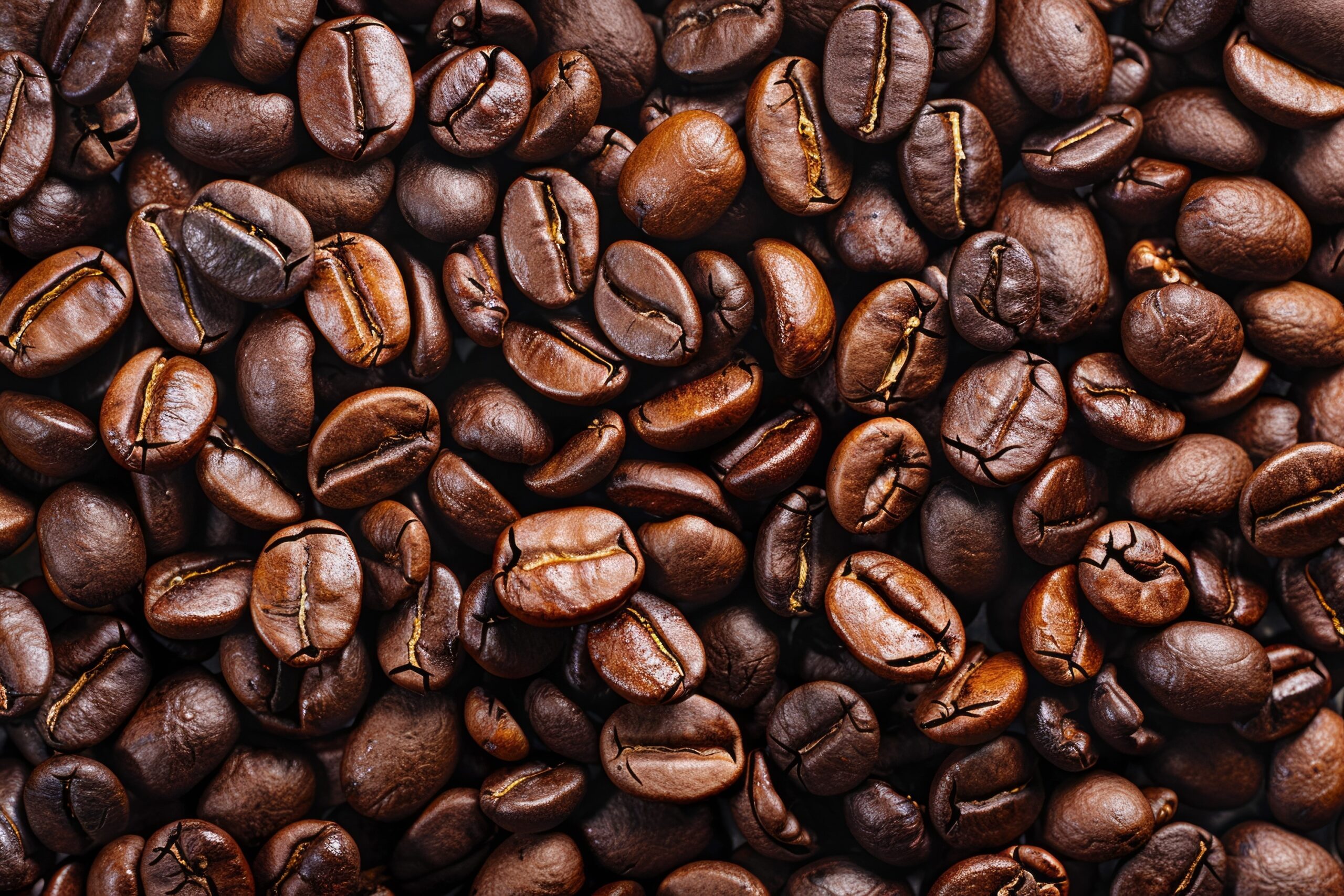

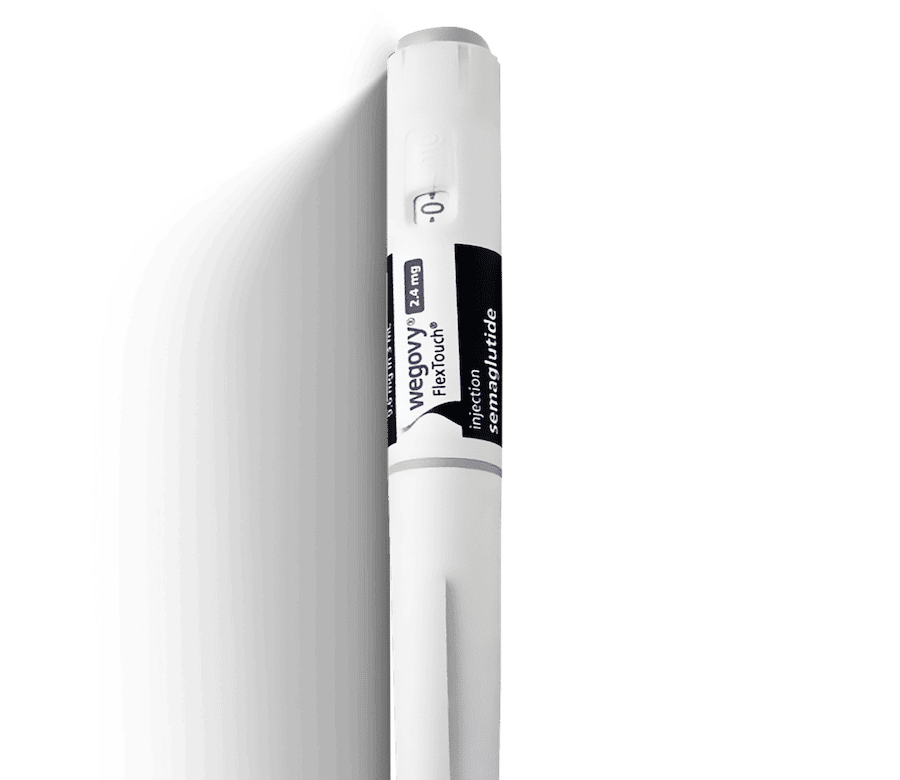

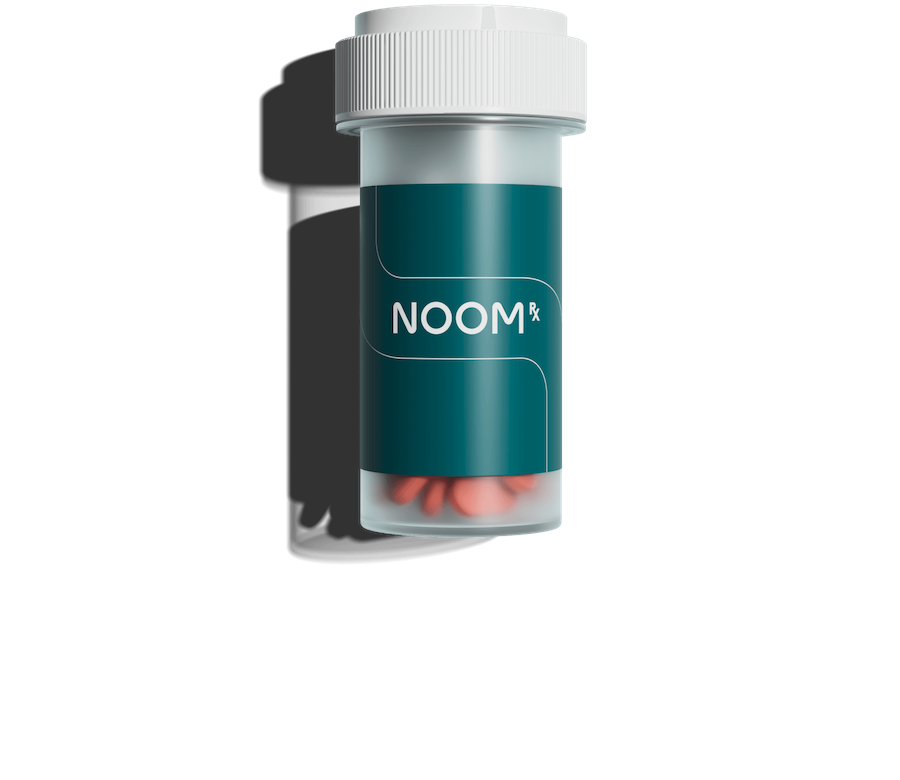
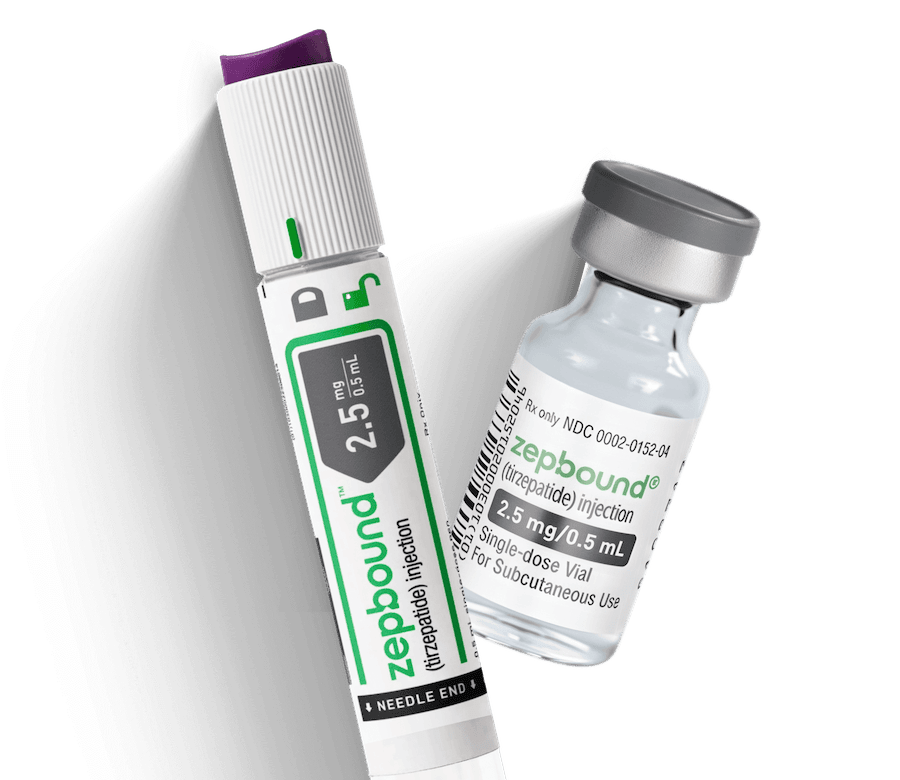
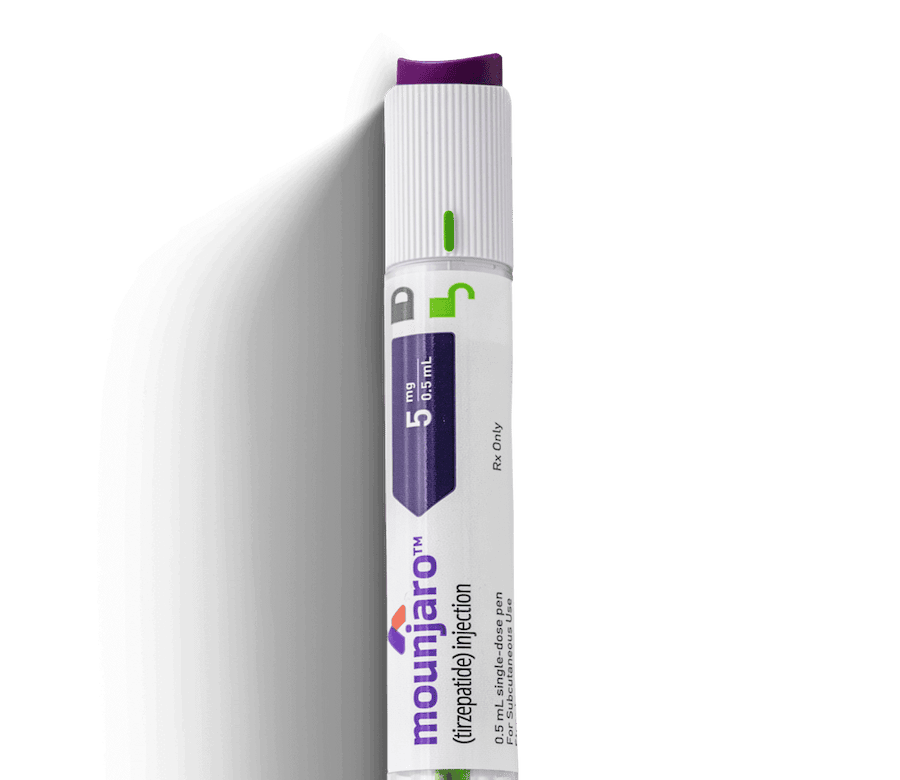
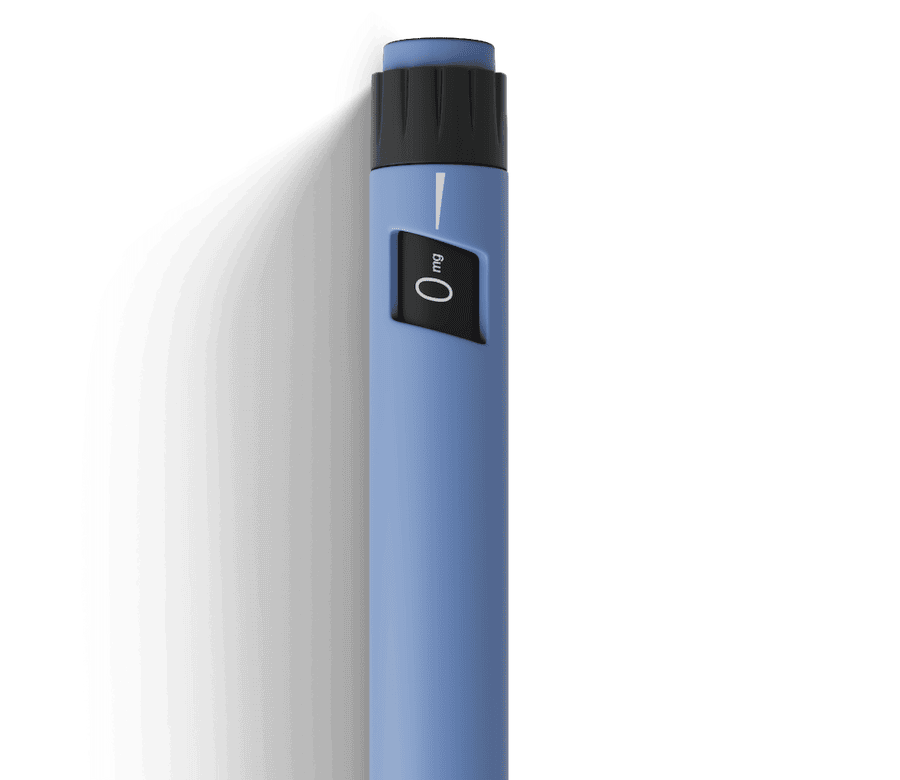
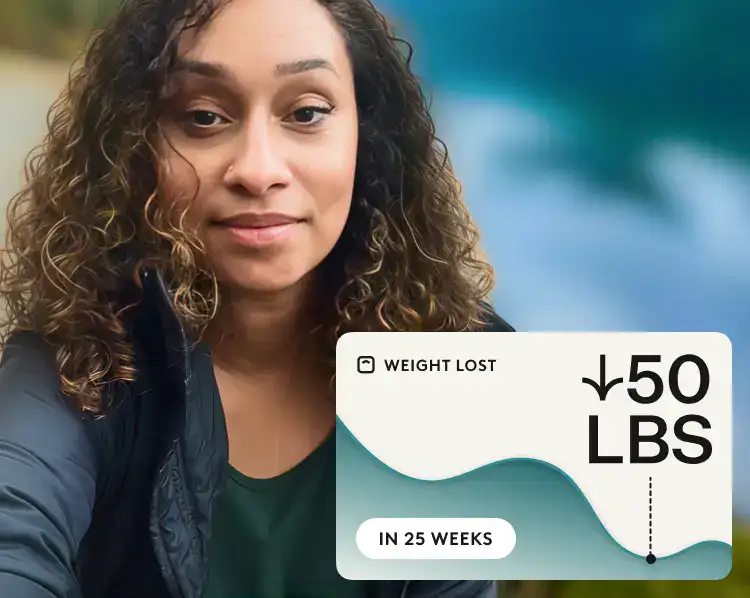
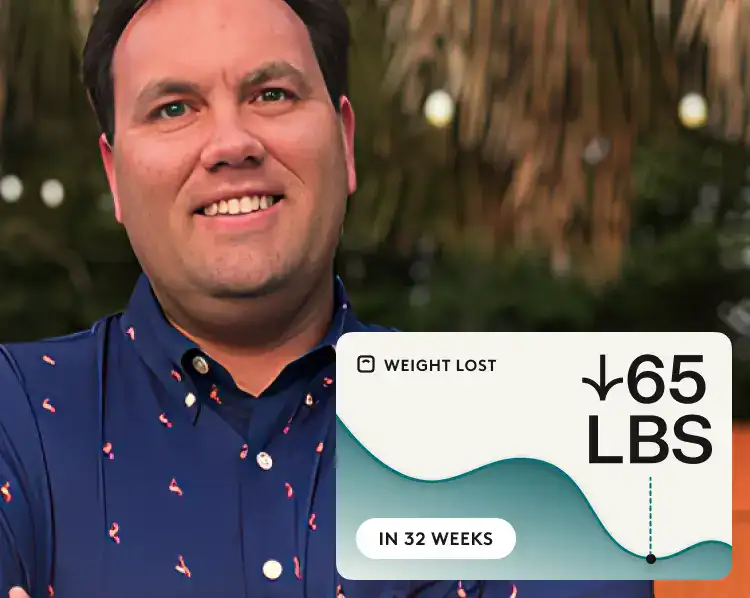
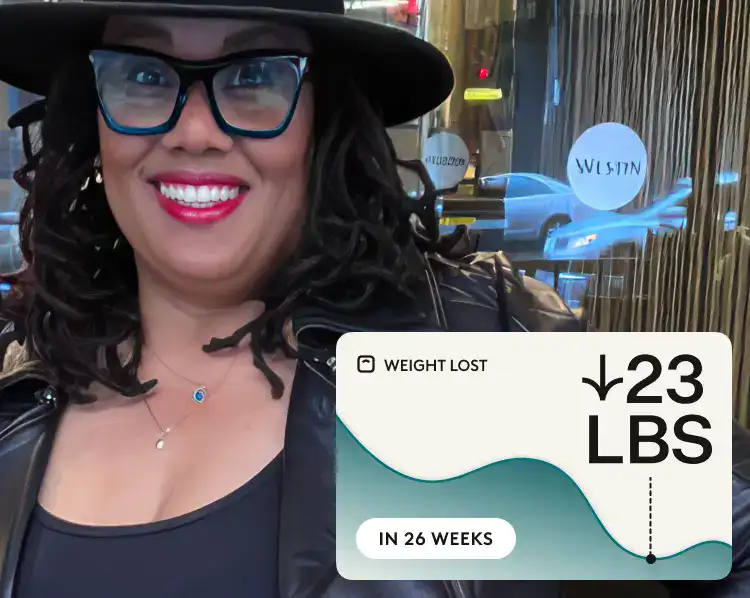
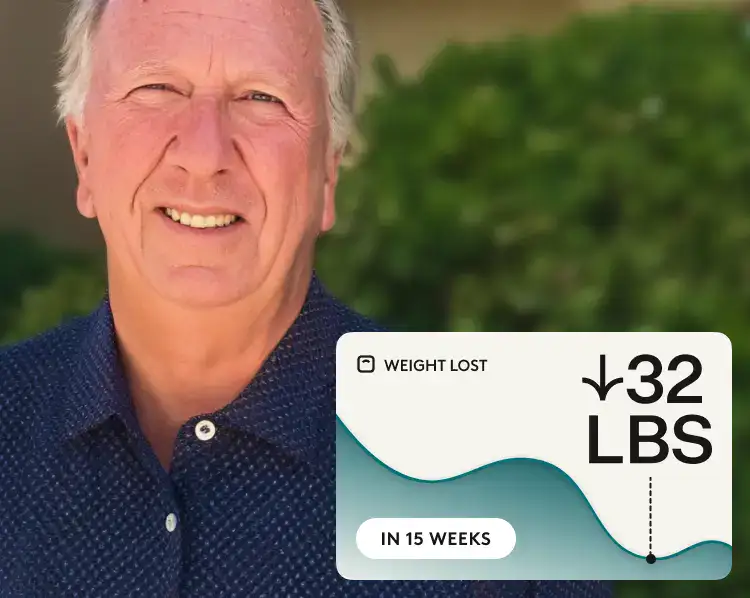
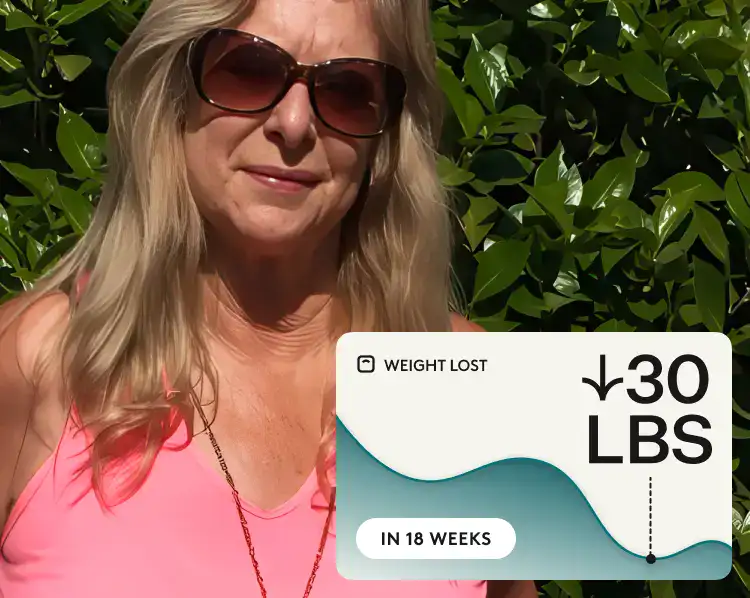
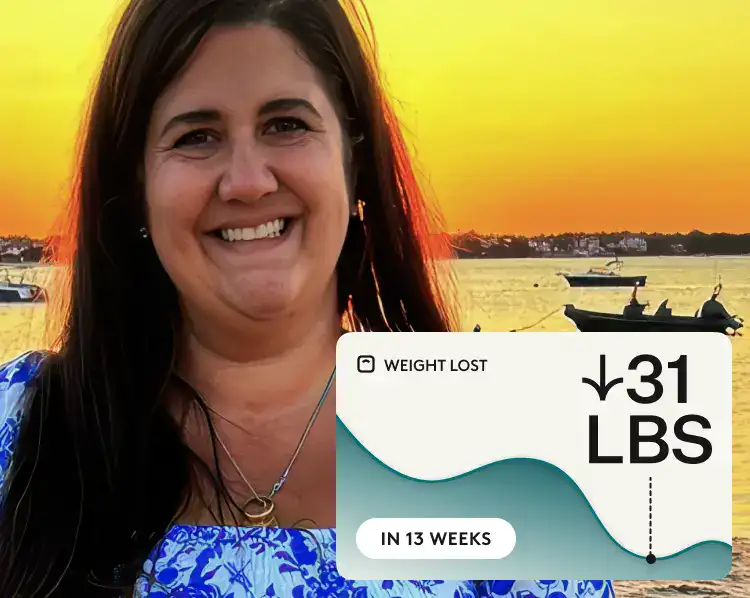

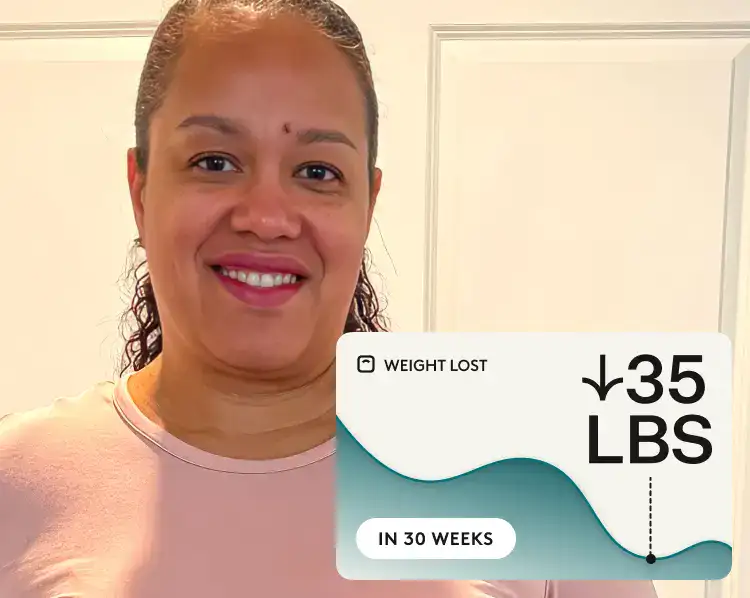
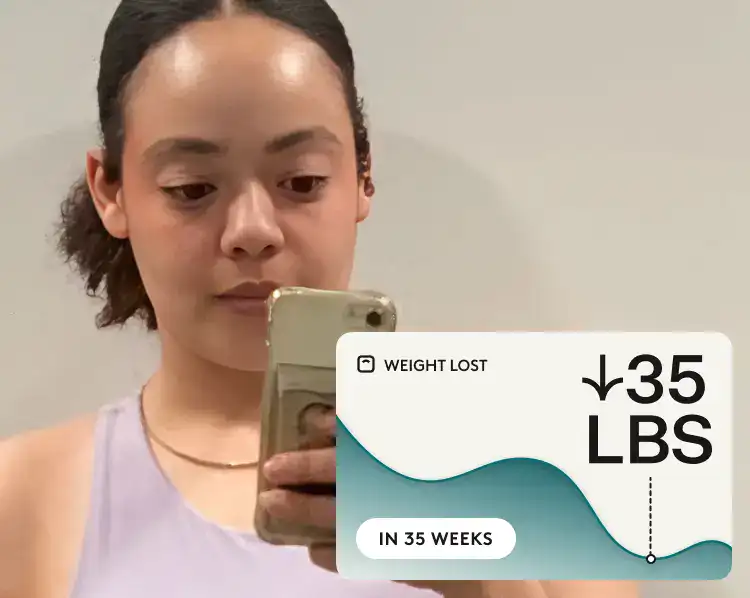
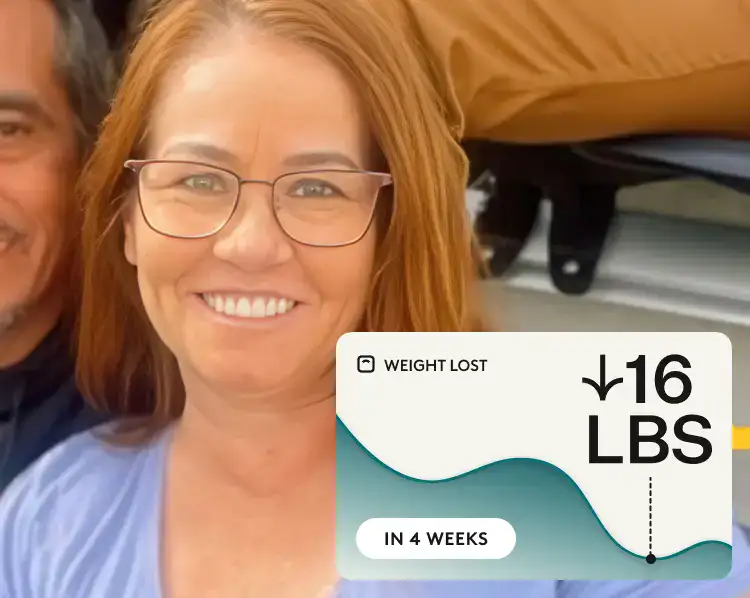
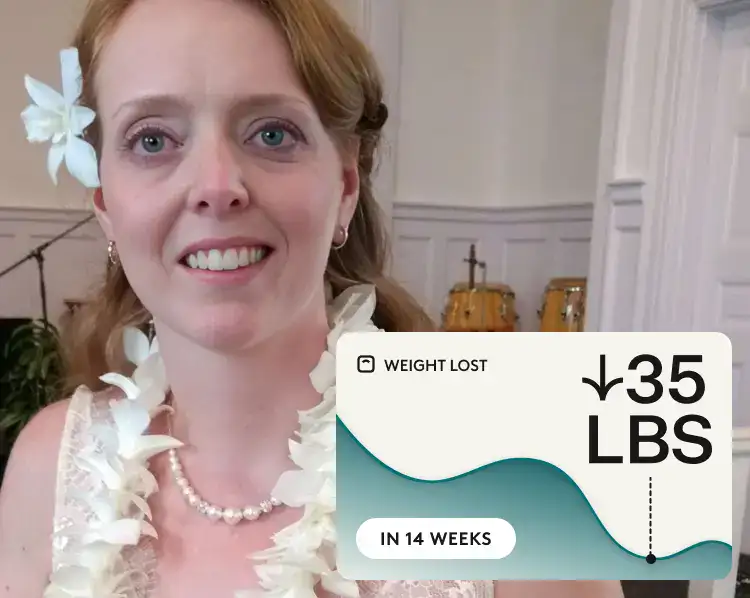
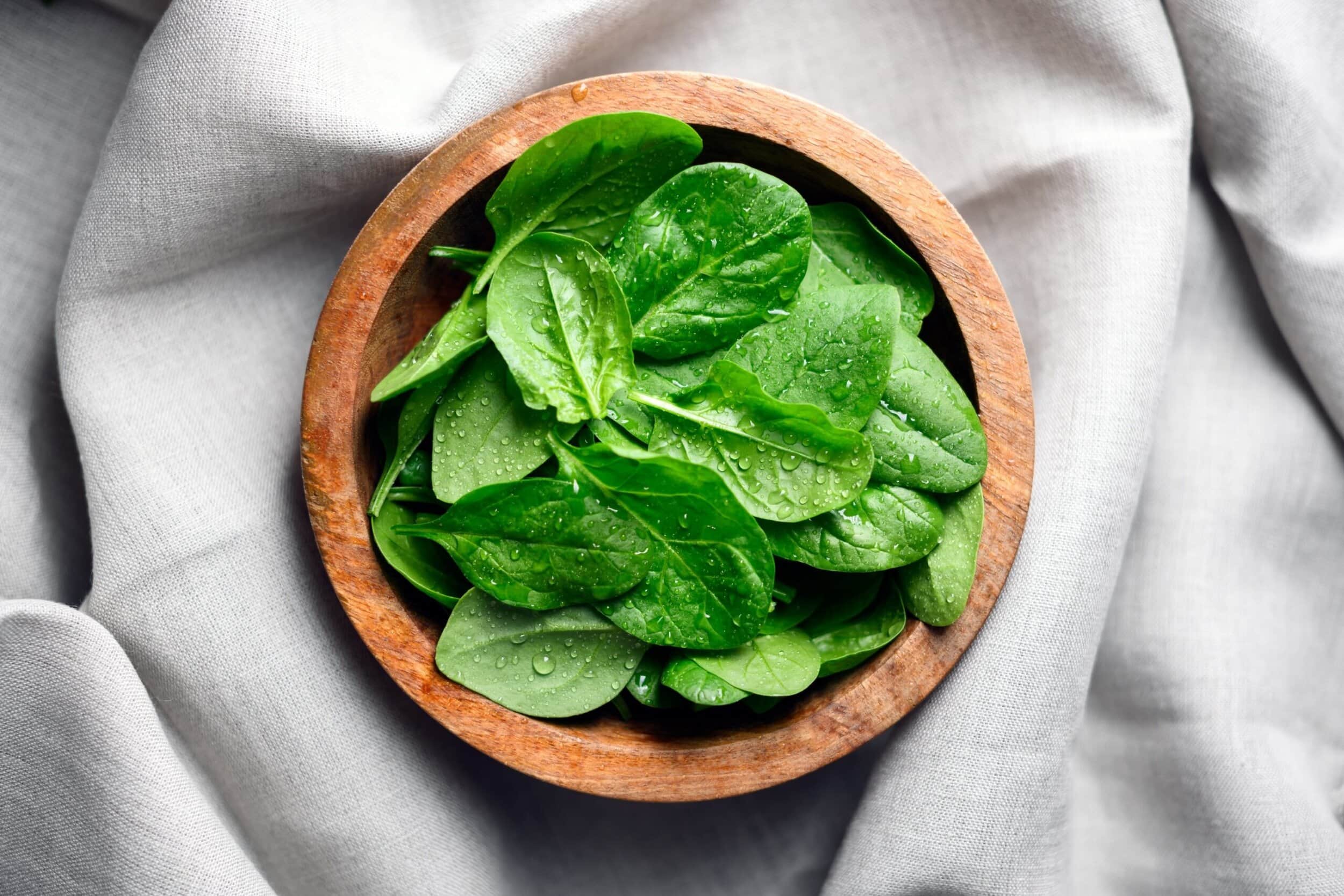
 Noom Team
Noom Team
 Melissa Kay
Melissa Kay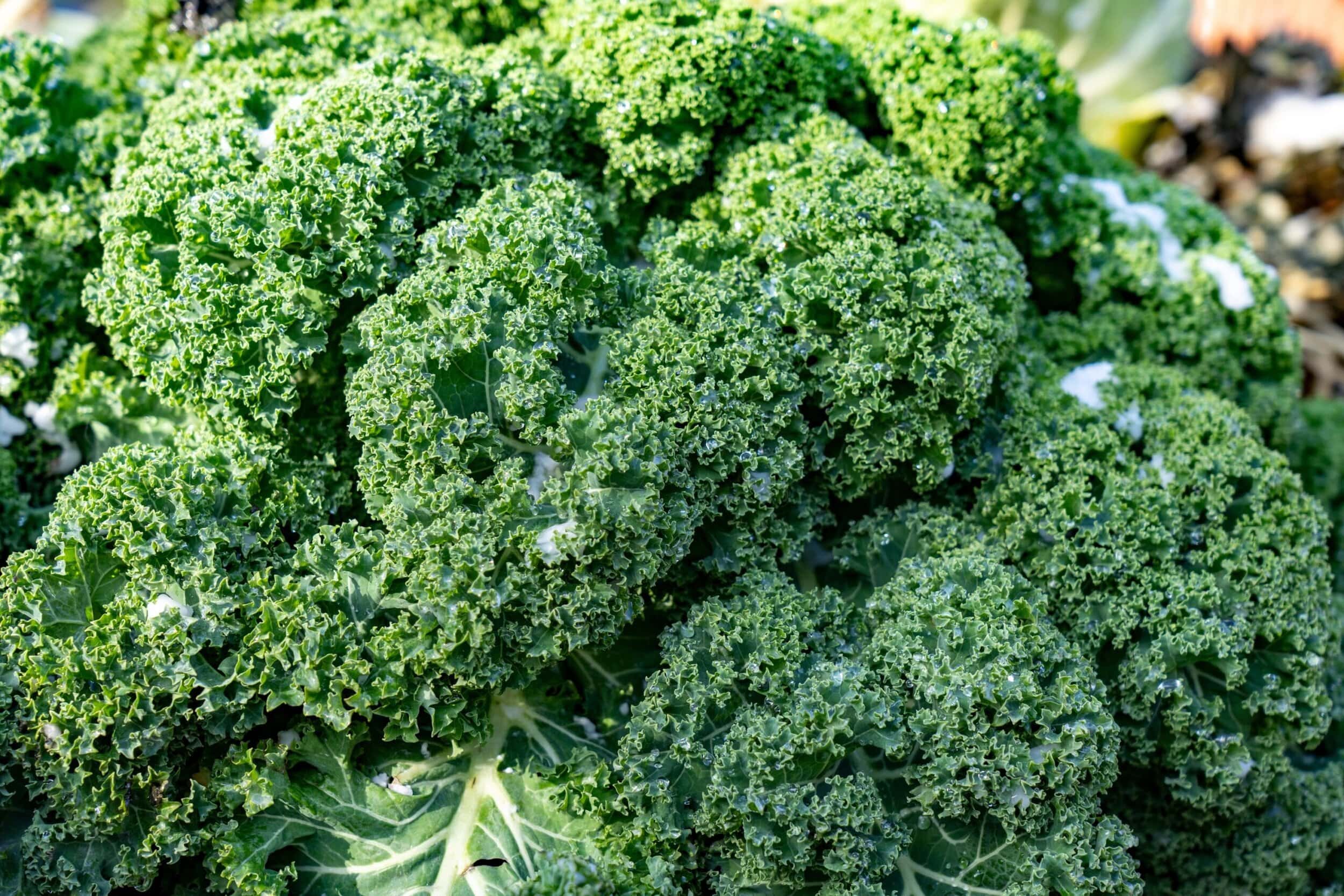
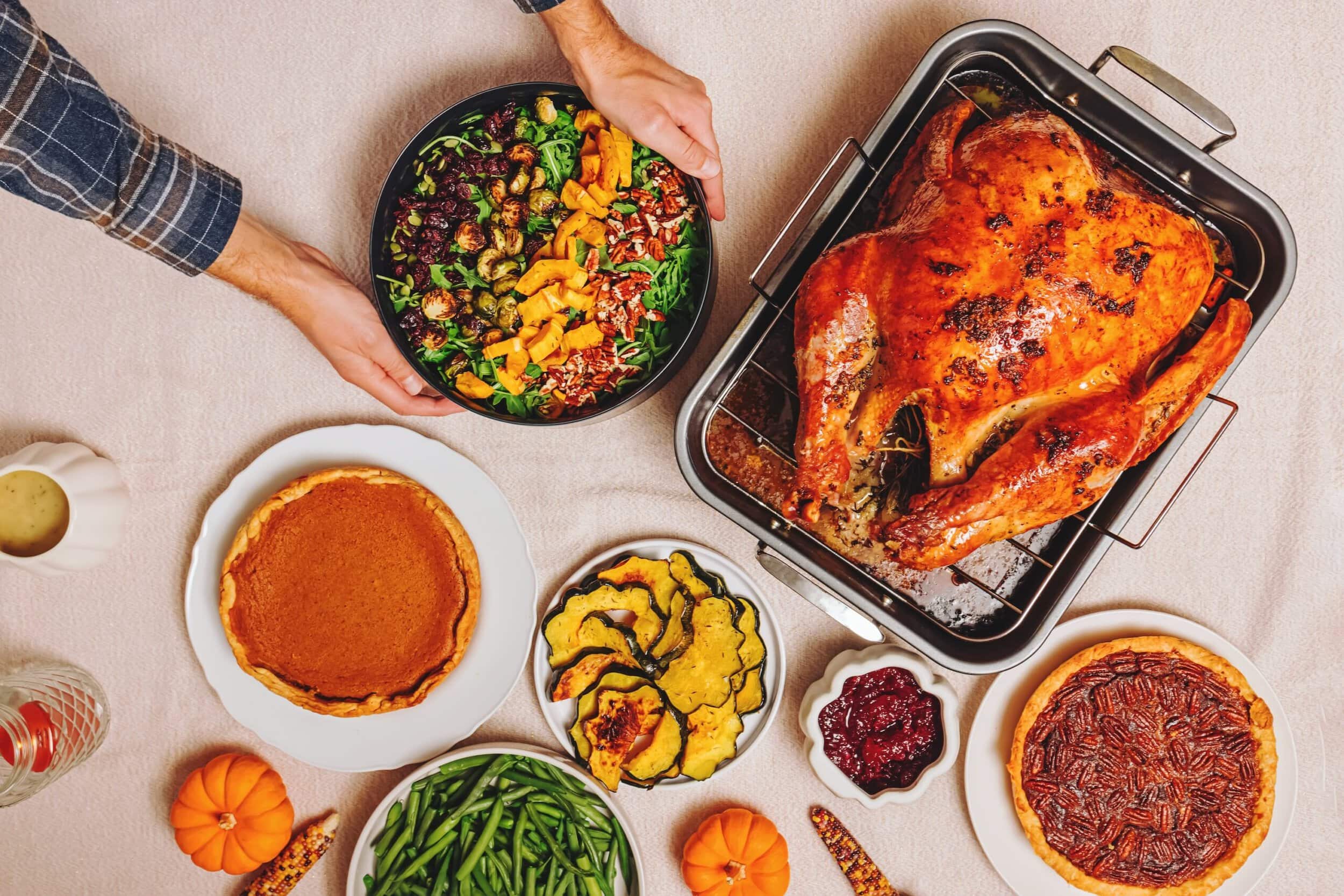
 Shoshana Fishbein
Shoshana Fishbein

